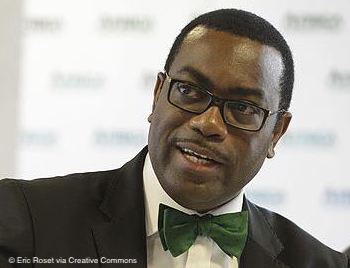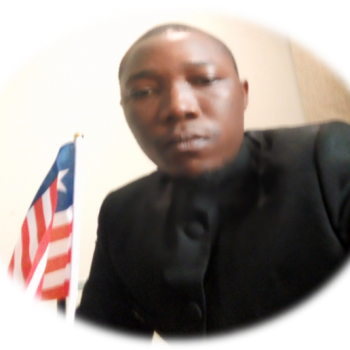
Integrity Problem or Imperial Political Scheme? Diagnosing the North-South Politics at the African Development Bank (AfDB)
Over the past few weeks, the United States has rejected the report of the ethics committee acquitting the Nigerian-born Dr. Akinwumi Adesina, Governor of the African Development Bank, of charges of corruption, malfeasance and administrative malpractices. Being the second largest shareholder – at 6.5% – in the supposedly pan-African financial institution, the United States has raised concern over the authenticity of the report and issued further the need for an independent probe into the allegations. Despite not securing the support of any African state, Steve Mnuchin, US Secretary of Treasury signed a statement rubbishing the inclusive report while managing to eventually secure support from Norway, Sweden, Denmark, Finland – all countries of the Global North. The intent of the United States has been seriously questioned, considering the timing, distrust and obviously grave interest in petty and unverifiable hearsay at the institution.
What does this mean for Africa? Many Africans have been increasingly concerned over the imposing will of neo-imperialist powers and their attendant interventions in African-tailored institutions. If this is an issue of integrity, why didn’t the decision of the United States receive any support from Africa or Japan – which is another major stakeholder in the bank? If the United States insists on an independent probe, what constitutes an independent probe? Is it something that favors the United States’ position despite the glaring evidences from the inclusive investigative committee that proved these so-called charges as mere fabrications and reinforced the innocence and integrity of the bank’s governor? Why did it come at such a time when he’s expected to be overwhelmingly re-elected – actually unopposed – as the bank’s governor at its annual meeting slated for August 2020.
Dr. Adesina, the Purdue-trained agricultural economist has been lauded for his robust policies that have been largely Afro-centric and successful in boosting African economies over the last few years. Moreover, he’s also noted for his practical development-oriented reforms that have drawn consensual support from majority African states. Additionally, with tremendous backing from African finance ministers, Adesina still faces major challenges from powerful non-regional members (i.e. USA, France, Canada et al.) who wield excessive influences on the board. Amidst previous accusatorial comments of the Adesina-led AfDB from the World Bank and IMF – top Western-led (Bretton Wood) financial institutions over lending and other fiscal policies, there’s much to ponder over the profound coverage accorded some anonymous whistleblowers’ vis-a-vis staffers’ complaints.
Especially so, as the AfDB battles the COVID-19 pandemic which is expected to have an inestimably profound economic toll on African economies, this situation reflects a troubling distraction that makes the post-COVID-19 recovery planning process even more volatile and difficult.
However, following the consequent bulging of the AfDB Ethics Committee to the United States’ independent probe’ mandate – apparently due to its profound economic statecraft, it’s incredible how African institutions still remain vulnerable and highly gullible and dependent despite its rhetoric of unity and conspicuously flagged independence and faint sovereignty. Has Africa’s borrowed liberal institutionalist ideas and orientations undermined its own independence, or has it become perpetually answerable to the dictates of the global north? As Africa and the world await the results of the ‘independent probe’, the politico-economic future of continent remains at the crossroads of a deepening asymmetric power intrusion.
References
Assoko, Joël Té-Léssia. “AfDB Approves Independent Investigation into Adesina.” The Africa Report.com, The Africa Report, (29 May 2020), www.theafricareport.com/29020/afdb-approves-independent-investigation-into-adesina/. Accessed: June 1, 2020.
“Akinwumi Adesina: Why the US Is Targeting a Flamboyant Nigerian Banker.” BBC News, British Broadcasting Corporation, (30 May 2020), www.bbc.com/news/world-africa-52831185. Accessed: June 1, 2020.
Photo
© Eric Roset via Creative Commons.

Thomas N. Singbeh
Thomas N. Singbeh is an avid researcher of African politics, and serves currently as a Teaching and Research Assistant in the Department of Political Science, University of Liberia. He is a member of several global professional political science associations.
